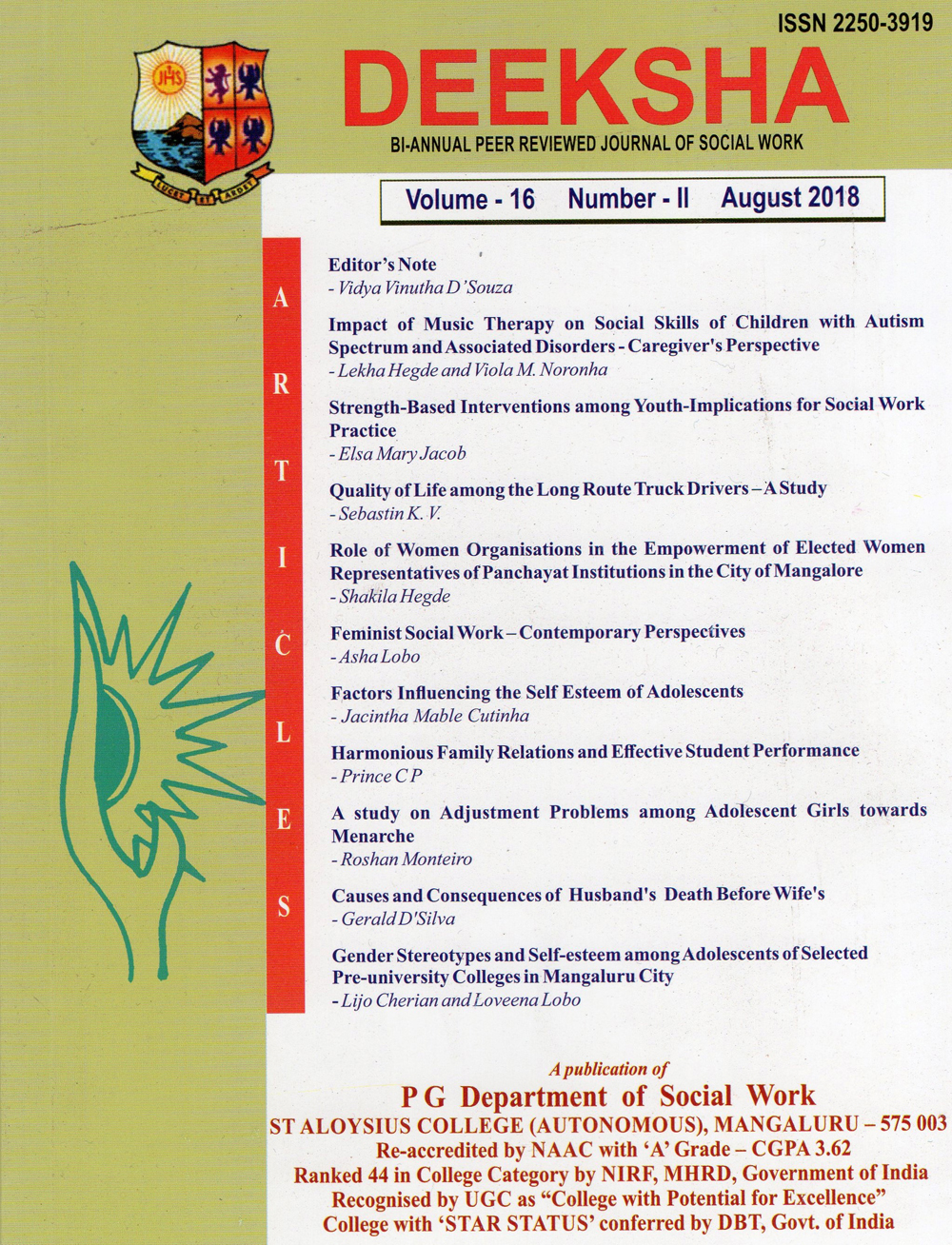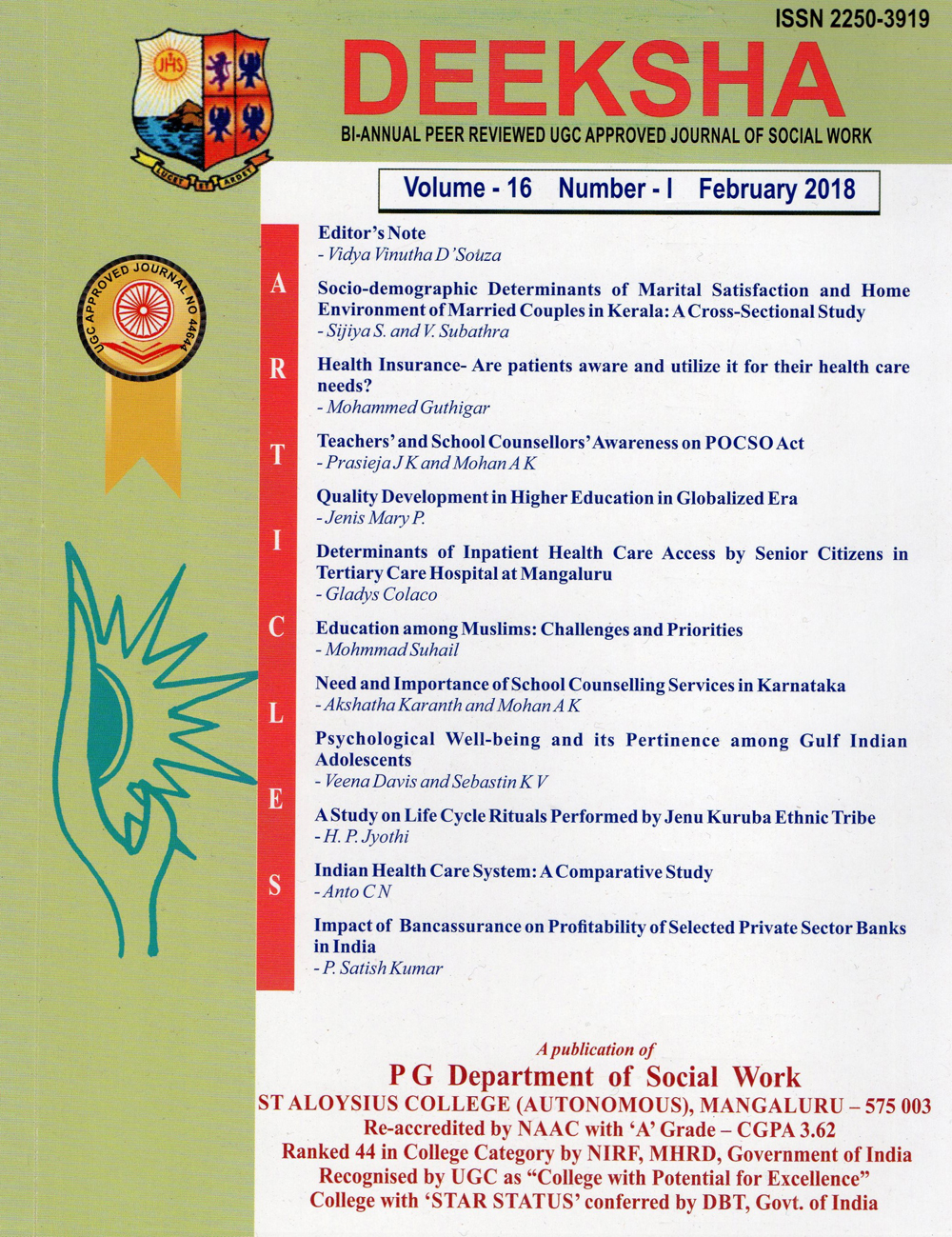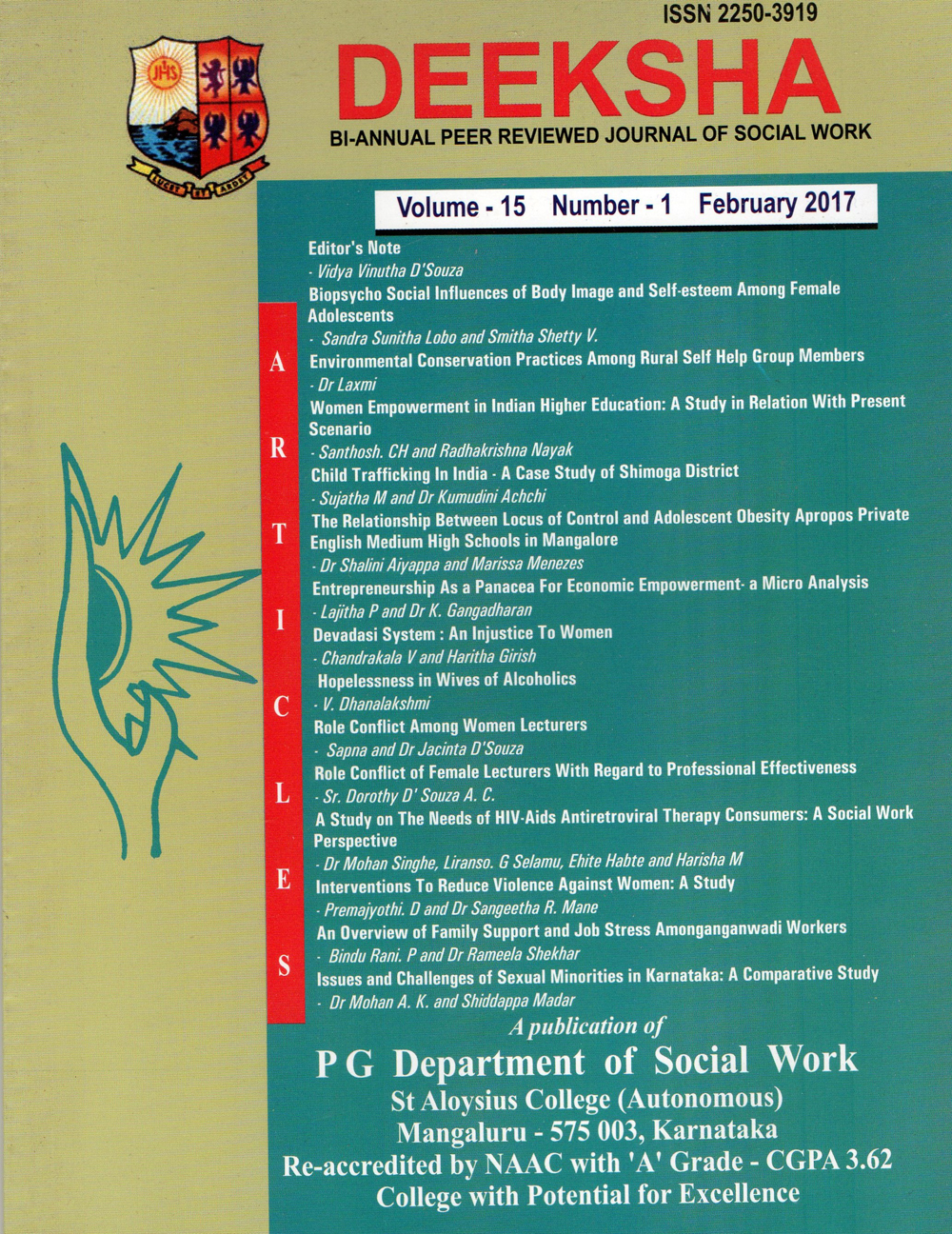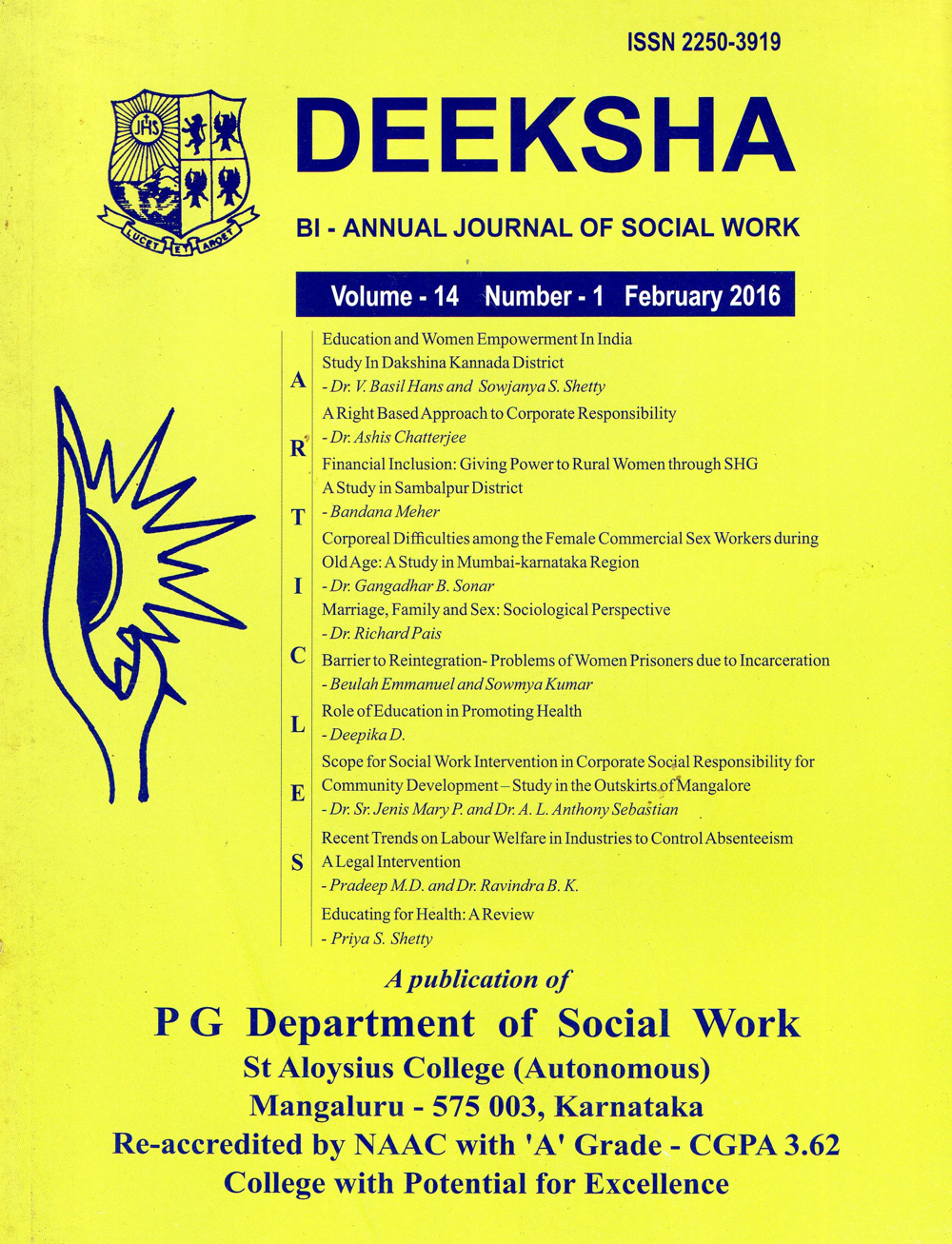The Post Graduate Department of Social Work, established in the year 2001 has made steady strides in imparting Professional Social Work Education of high quality. The Department aims at moulding competent, conscientious, empathetic and committed Social Work Professionals, preparing them to participate in the development of our country and the world through a process of on-going Research, dissemination of knowledge and transformative action. Post Graduate Department of Social Work has well equipped classrooms with mounted LCD Projector and a departmental Library consisting books worth 1.5 lakhs apart from the College Library.
Eligibility
Candidates who have passed any Bachelor Degree examination of Mangalore University or any other considered as equivalent thereto are eligible for the programme provided they have secured a minimum of 45% (40% for SC/ST/Category-I candidates) Marks in Optionals (Excluding Languages and Group III Subjects). Selection of candidates shall be on merit-cum-reservation on the basis of 50:50 weightage for marks in the entrance and qualifying examinations.
Candidates who have passed the B.A.Ed. Degree examination (Regional College Scheme) are eligible for the PG programme in the faculty of Arts provided they have secured a minimum of 45% (40% for SC/ST/Category-I candidates) marks in the relevant subject to fulfill other conditions specified above for the relevant subject.
National Level Seminar
National Level seminar/ “Samprathi” on relevant themes conducted every year which will have intellectual sessions by the renowned resource persons and scientific paper presentations
Bi Annual Peer reviewed Journal of Social Work
“Deeksha”, a journal, highlighting empirical studies from the social scientists is published by the department.
Field Work, Research Projects and Internships
Concurrent filed work, summer and block placements help the students to acquire practical understanding of principles, processes, policies and techniques of Professional Social Work and form them as competent professionals. Department has a strong network with 11 corporates, 20 NGO’s, 6 Hospitals and City Corporation for concurrent filed work training.
Research Projects for students
Individual guidance by faculty members of the department will help the students to publish and present the research papers in various journals and seminars.
Field Based Innovations
Faculty and the students of the PG Department of Social Work, respond to the emerging needs of the society by initiating interventions for marginalized and vulnerable groups like, children, adolescents, youth, women etc. Field action for behavioral change, preventive services and trainings contribute to the practical training of the students as well as meets the needs of the society.
UGC/College and Self-Funded Research Projects
The faculty of PG Department of Social Work undertakes research projects from the University Grants Commission and contributes to the knowledge of social work.
Specialization Forums
Every specialization, i.e., Medical and Psychiatric, Community Development and Human Resource Management has an active forums named “Human Wellness”, Kirana and Al-Empower forums respectively.
Human Wellness Forum
Medical and Psychiatric Social Work specialisation, has a Vibrant Forum called “Human Wellness Forum”. This is not only a platform for learning experience to students but they also develop skills of planning, organising, co-ordinating and evaluation of their own activities.
It also creates opportunity to organize preventive and promotive health related activities namely Life skills education programmes, health & Hygiene, Stress Management skills in schools, awareness programmes on Dementia, Mental Health and other related areas.
In order to prepare the students to become effective counsellors they are also given training into participatory counselling skills programmes. Annual study tours organised every year students get exposed to different therapeutic interventions in the field of child and women welfare, Physical and Mental health areas etc. Annual seminar is also organised on relevant topics essential for professional practise. Students are also encouraged to take up small research studies in Medical and Psychiatric areas.
Al-Empower Forum
HR student’s forum “AL-Empower” strives for higher professional development through organising professional development programmes in core HR concepts. HR forum organizes workshops / extension talks on Advanced Manpower Planning, Collective Bargaining and Negotiation Process, Human Resources Budgeting, Compensation management, Grievance Resolution, Human Resource Information Systems, Human Resource Management in Service Sector, Managerial Competencies and Career Development, Managerial Counselling, Marketing Decisions for HR, Operations Research for HRM, Participative Management.
Regular seminars and workshops on various topics involve student’s participation and help them to be active by using their skills and potentialities not just for their academic purpose but also for the extra curriculum activities through Al-Empower Forum. Study tour is observed annually with exposure to around 10 industries and organisations.
Kirana Forum
“KIRANA” Community Development Forum is a platform for the students to Develop skills and creativity. KIRANA is a means to enhance social interaction, leadership, healthy recreation, self-discipline and self-confidence.
In order to supplement student’s classroom lectures, seminars and workshops are conducted to give the students an opportunity to think of broader issues in their subject or field to help them integrate total learning. This forum moulds the students to be socially sensitive by exposing them to bitter realities of society. This concept of blended learning can give a better future to the students.
Anti-Addiction Cell
Anti- addiction cell has been promoting a positive role in preventing drug abuse and helps young generation to look into alternative habits other than drugs, where the students strive towards organizing preventive programmes for adolescents on Substance Abuse Prevention. They conduct participatory workshops for High School Students. The cell also collaborates with a de-addiction centre in conducting recreational and educational activities for the addicts and their family members as well as awareness programmes in communities.
Distinguished Alumni
Mr Arun Koshy, HRIR Associate L and N Kochi.
Mr Milton Rodrigues, Operation Executive JDA Software private ltd, Bangalore.
Mr Karthik Budale, HR officer MTR foods private ltd, Bangalore.
Mr Ramanna Gowda, Project Coordinator Ratan Tata trust Yadgiri.
Ms Spoorthi Fernandes, Transplant Coordinator, Ms Ramaiah Memorial Hospital Bangalore.
Syllabus
MSW Semester I – Social Work: History and Ideologies, Case Work Practice, Group Work Practice, Concurrent Field Work Practicum – I, Dynamics of Human Behaviour.
MSW Semester II – Community Organization and Social Action, Social Work Research and Statistics, Concurrent Field Work Practicum – II, Human Behaviour and Personality Development, Social Sciences Perspectives for Social Work, Life Skills Education, Indian Social Problems and Interventions.
MSW Semester III – Social Welfare Administration, Human Rights Perspectives for Social Work, Concurrent Field Work Practicum –III, Women’s Development Studies, Tribal, Rural and Urban Development, Citizen Participation and Local Self Governance, Counselling: Theory and Practice, Psychiatric Social Work, Human Resource Management and Development, Labour Legislations and Industrial Relations, Human Rights and Social Defence, Counselling Basics (only for MBA), Disaster Management (only for MBA)
MSW Semester IV – Project Planning and Management, Concurrent Field Work Practicum – IV, Research Project, Population and Environment Studies, Education for Development, Corporate Social Responsibility, Working with Children and Families, Medical Social Work, Employee Welfare in India, Organizational Behavior and Development.
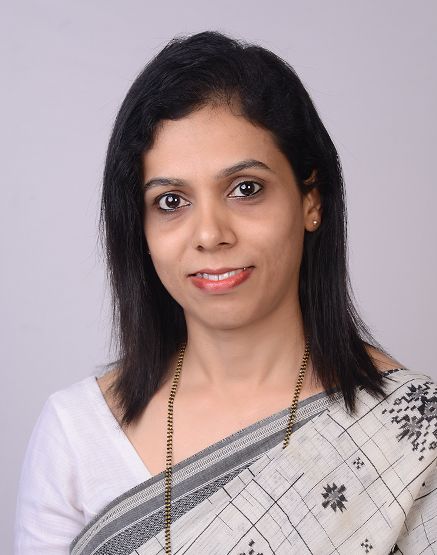
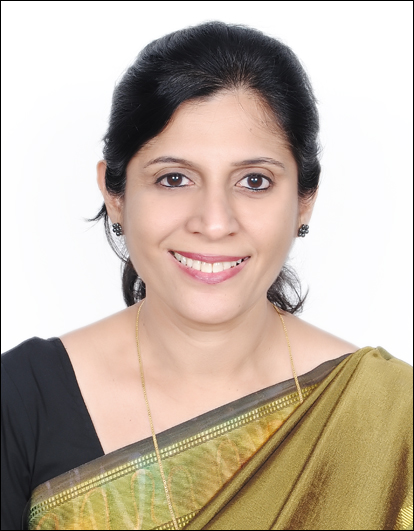
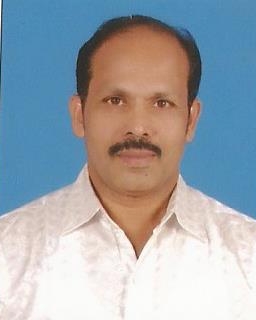
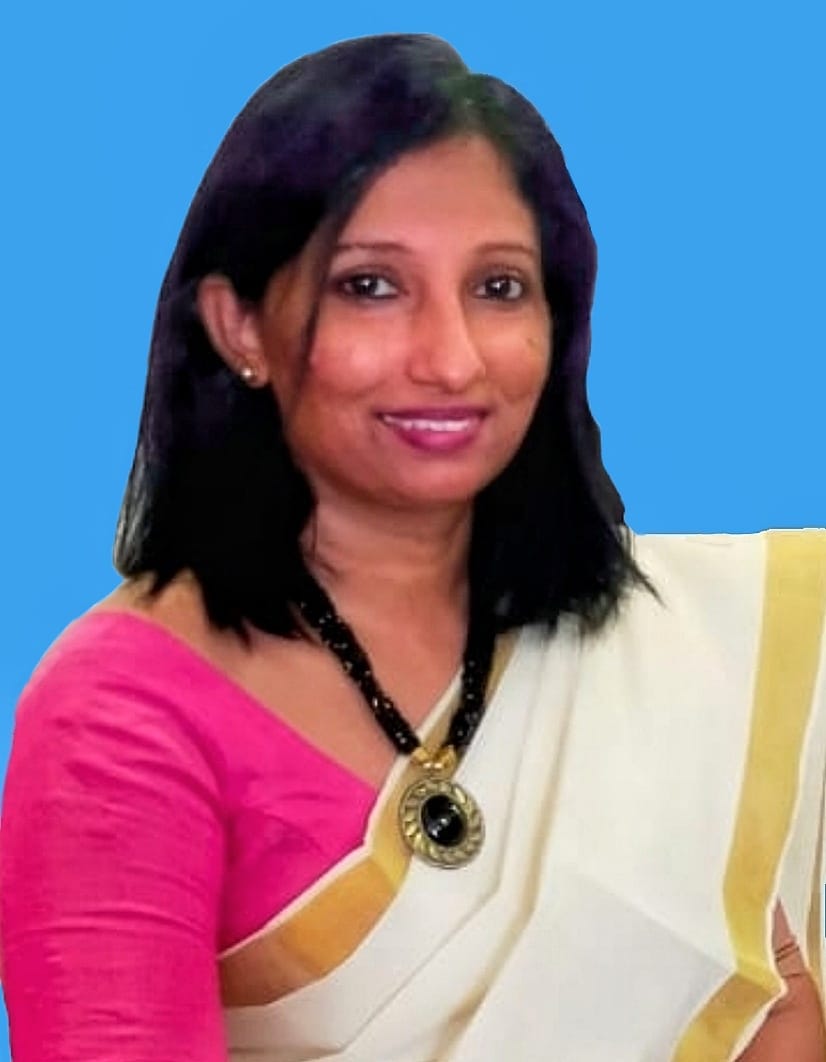
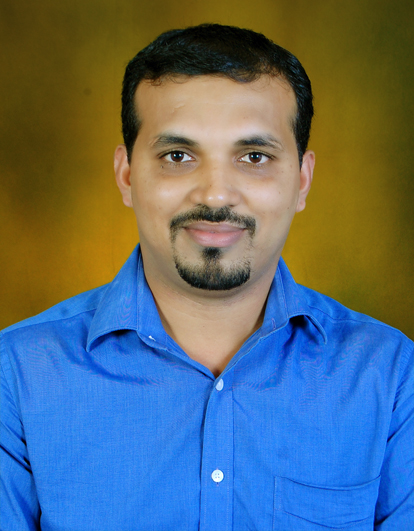
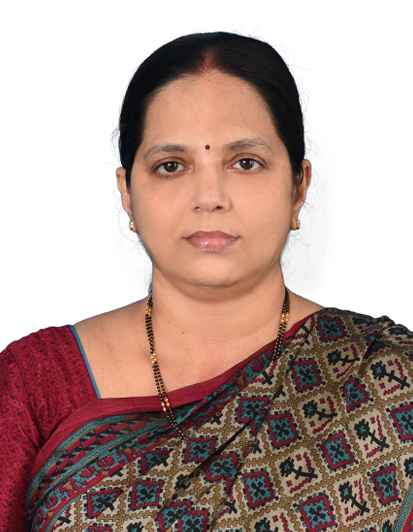
“SANGAMA”- A Unique Event Put Miles of Smiles on Faces of Special Children and Made Them Special
‘SANGAMA’ A Unique Celebration of World Disability Month and ARIVU Annual Day Held at St. Aloysius College in Eric Mathias Hall, did Put Miles of Smiles on Faces of special children and made them special.
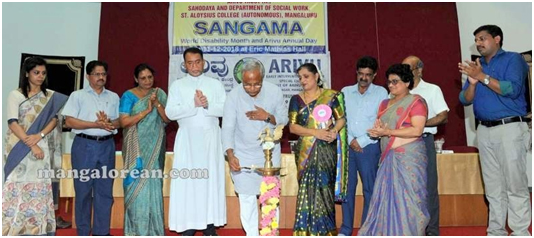
Click here for more information about SANGAMA
Activites of the Department - 2017-19
Experiencing Village Life

Convergence of Young Talents
Protest against the Violation of Human Rights
Study Tour experiences
National Seminar- Samprathi 2016
Rural Extension Programme

Inauguration of Field Action Projects


Street Play by MSW students

Swaraksha- Field Action Project of MSW Department

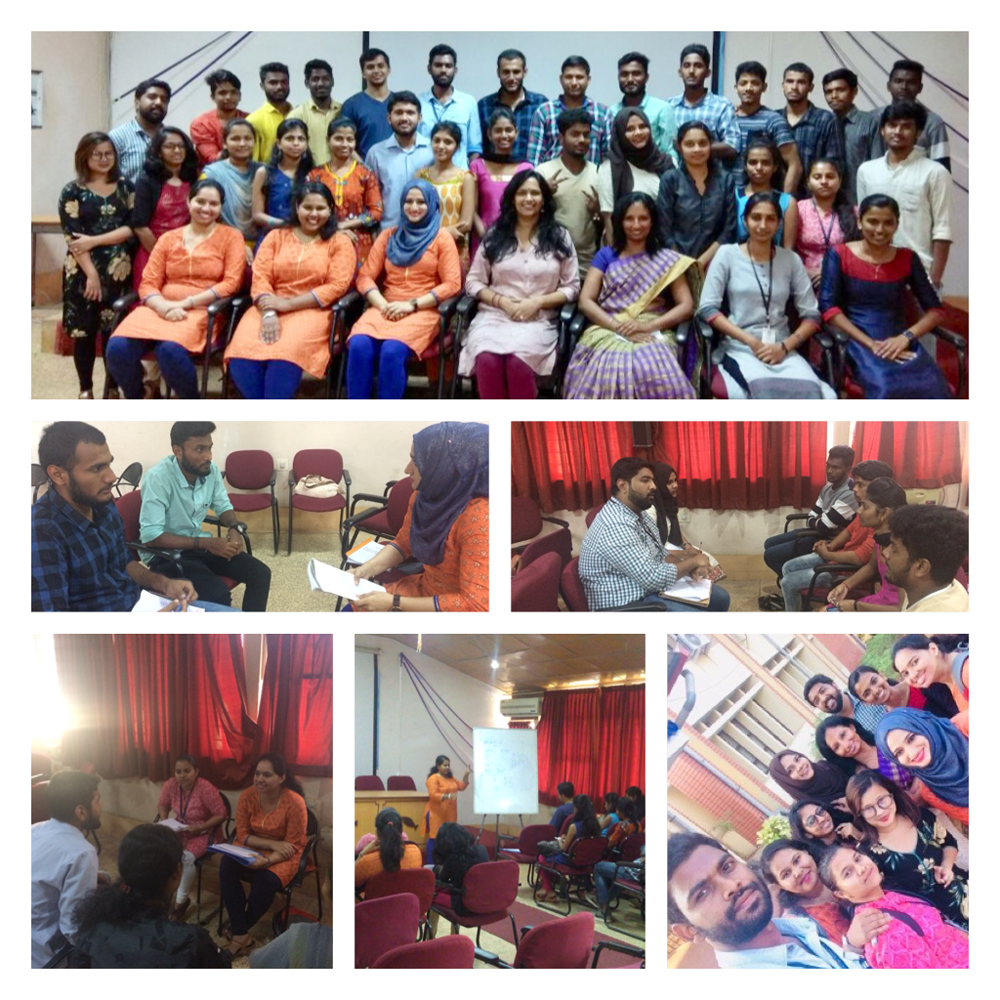
Niyukti- Soft Skills for Job Readiness (Field Action Project of MSW Department)
Learning from interaction
DEEKSHA Bi-Annual Peer Reviewed Journal of Social Work
- DEEKSHA is a medium for publication of empirical research articles, topical articles on theorization & social issues and case studies.
- A declaration that the articles have not been published earlier or submitted for publication elsewhere and that it is original work of the author(s) should be sent along with article.
- The editorial board reserves the right to accept, reject, and ask for modification and to make revisions to the text.
- Every author will receive one complimentary copy of the issue in which one’s paper appears.
- The journal is open to anyone in the teaching and research community.
- The Article should not exceed 5000 words.
FORMAT OF THE ARTICLE
- Manuscript must be in British English prepared on a standard A4 size paper setting. It must be prepared on a 1.5 spaces and single column with 1” margin set for top, bottom, left and right. It should be typed in 10 point Times New Roman with page numbers at the bottom of the every page.
- MANUSCRIPT TITLE: The title of the paper should be in a 14 point Times New Roman. It should be bold typed, centered and fully capitalized.
- AUTHOR NAME(S) & AFFILIATIONS: The author (s) full name, designation, affiliation (s), address, mobile/landline numbers, and Email/alternate email address should be in 12-point Times New Roman. It must be right aligned underneath the title. Main author’s name shall appear first after * and co-authors names shall follow next after **.
- ABSTRACT: Abstract should be in fully italicized text, not exceeding 250 words. The abstract must be informative and explain background, aims, methods, results and conclusion. It must be in British English prepared on a standard A4 size paper setting. It must be prepared on a 1.5 spaces and single column with 1” margin set for top, bottom, left and right.
- KEYWORDS: Abstract must be followed by list of keywords, subject to the maximum of five. These should be arranged in alphabetic order separated by commas and full stops at the end.
- HEADINGS: All the headings should be in a 12 point Times New Roman Font. These must be bold-faced, aligned left and fully capitalized. Leave a blank line before each heading.
- SUB-HEADINGS: All the sub-headings should be in a 12 point Times New Roman. These must be bold-faced, aligned left and fully capitalized.
- MAIN TEXT: The main text should be in British English prepared on a standard A4 size paper setting. It must be prepared on a 1.5 spaces and single column with 1” margin set for top, bottom, left, right and justified. Do not underline anything, you may use italics
- FIGURES & TABLES: These should be simple, centered, separately numbered & self explained, and titles must be above the Tables/figures. Note if any must be provide below the table before the source of data. Sources of data should be mentioned below the table/figure. It should be ensured that the tables/figures are referred to from the main text.
- EQUATIONS: These should be consecutively numbered in parentheses, horizontally centered with equation number placed at the right.
- REFERENCES: The list of all references should be alphabetically arranged. It must be single spaced, and at the end of the manuscript. The author (s) should mention only the actually utilized references in the preparation of manuscript and they are supposed to follow
Please use the following APA style and punctuation in references:
Books
- Pandey S., (2008), “Psycho-Social Aspects of Domestic Violence”, Concept Publishing Company, New Delhi
- Mishra, R and Chandra Pal, S., (1992), “Indian Women: Challenges and Changes”, New Delhi: Commonwealth Publications.
- Sharma T., Kwatra, G. (2008) Effectiveness of Social Advertising: A Study of Selected Campaigns, Corporate Social Responsibility, Edited by David Crowther & Nicholas Capaldi, Ashgate Research Companion to Corporate Social Responsibility, Chapter 15, pp 287- 303.
Journal and other articles
- Ghosh T.K., (1986), ‘AIDS: a serious challenge to public health’, Journal of the Indian Medical Association, January;84(1):29-30
Conference papers
- Ajoy Kerketta (2012): "Social Work practice in Multicultural Context of North East India." Paper presented at the International Conference on Social Work Practices in Multicultural Contexts, Tumkur University, Tumkur, India, 16-17 Sept.
Unpublished dissertations and theses
- Prashanth S. (2006): "Customer Value: A Comparative Study of Rural and Urban Customers," Thesis, Mangalore University, Mangalagangothri.
Online resources
- Always indicate the date that the source was accessed, as online resources are frequently updated or removed.
Website
- NACO., (2013), “HIV & AIDS in India- Annual Report 2012-13”, http://www.avert.org/hiv-aids-india.htm#sthash.TzblzcDN.dpuf
Note: Kindly submit a soft copy and a hard copy of the paper. Soft copy may be mailed to vidyavinutha@gmail.com and hard copy to the editor by hand delivery or post to the following address:
'DEEKSHA' Issues
